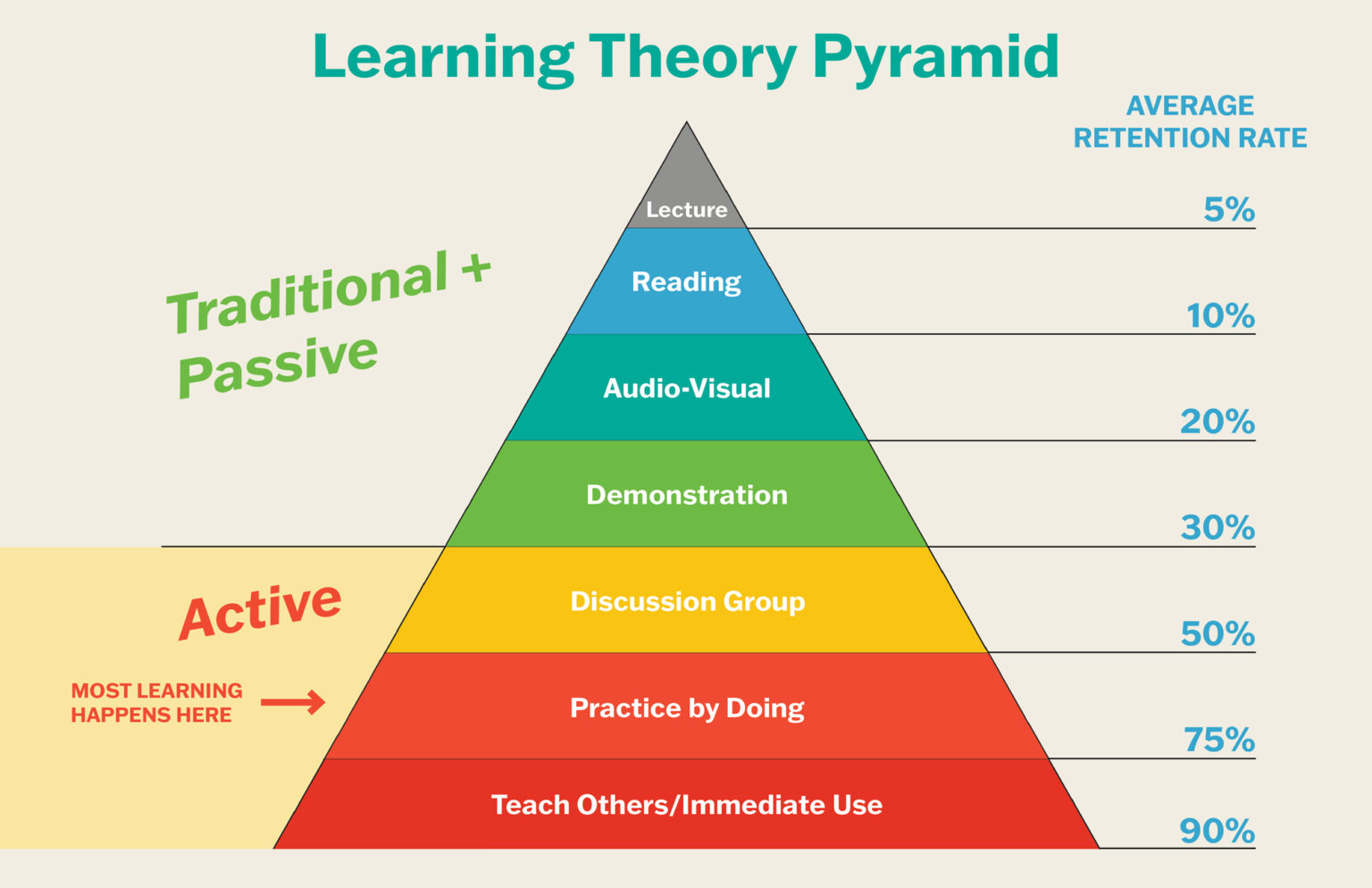Why Are Children Addicted With Games
The Addicted Generation
Statistics say that the generation that’s currently in elementary school and middle school will be one of the safest generations of all times, physically. However, their mental well-being is of great concern—primarily due to their addiction to screens and video games. Will screen time be the downfall of the current generation?
How Did This Happen?
Before we dig into how to help children process and deal with this problem, we must understand how it happened. We must really figure out why some children are susceptible to this type of addiction and why others are less likely to be impacted by it.
Spend any amount of time in front of a video game or a gaming app, and one will see that there is a total sense of control when playing these games. One can become fully absorbed in this sense of control. By using the controller or the phone, one can make the players in the game move faster, move slower, jump higher or any other of a thousand different moves—all dictated by the player. Oftentimes, this type of control is the only sense of freedom and influence a child will have. For many younger children, there is little to no ability to feel like they control anything in the family dynamic, from influencing decisions to simply being responsible for even the smallest of things.
However, in the gaming world, all of this changes. As a child plays the game and begins to practice more consistently, they do better and better. As they advance in the game, they get more rewards, more powerful equipment, build a bigger and better team, and find more and more ways to win. This is by design and lets the child feel incredibly successful, yet at the same time deepening their addiction to the game.
Children can quickly correlate the sense of control and success with their accomplishments in the game. Their relatively easy successes in the game are accomplished through practice, thus creating a strong temptation to continue their play. This becomes even more heightened if a child is limited in their other channels and opportunities for experiencing a sense of control in their actual life. If a child feels they have little to no power in the family dynamic, they will seek it out in other ways. For example, some children are not even allowed to decide what they wear on a daily basis, what to eat, what types of games to play or activities to become involved in, what books to read, and more. A child ends up without having any say in their own daily life and parents are left to guide them in every single decision. The result is that the child has no control and is left with a strong desire for freedom and responsibility. The attraction to their game or app deepens even further.
What Can We Do Now?
As parents, it’s important to set up ground rules for children, allowing them to understand what’s expected of them and at the same time providing them with a high degree of freedom and decision-making. The goal should be to raise a well-rounded, well-adjusted, and responsible adult, not a child that simply obeys orders. Children must have the right to control significant parts of their lives, understanding that their decisions have outcomes while at the same time letting parents support bigger decisions.
When children are allowed to truly engage in their lives, they gain a sense of much more than independence and control. From a very early age, children are looking to fulfill key psychological needs such as trust in themselves, confidence, the ability to master something, and autonomy. Video games are specifically designed to make players feel good and as if they are only a few minutes away from another big win or reward. This makes it nearly impossible to stop playing! It’s a parent’s responsibility to help meet these needs and provide the same type and level of reinforcement in the real world.
The choice is very apparent – allow children to find control in a digital world that is not based in reality or provide them with the support and confidence they need to find their way in the real world. It is a parent’s responsibility to guide their children in the right direction providing consistent positive feedback as a means of fulfilling these needs that would otherwise be met by a child’s screen time. This allows the child to realize their own confidence, mastery, and autonomy in the real world rather than in a video game. Parents have an opportunity to recognize and praise a child for progress whenever possible. They must let a child know they are proud of their efforts both big and small. Children will then seek this feedback in the same way they crave video games. The result is a confident and well-rounded individual who feels a sense of confidence and trust in their real-world abilities.



Comments
Post a Comment